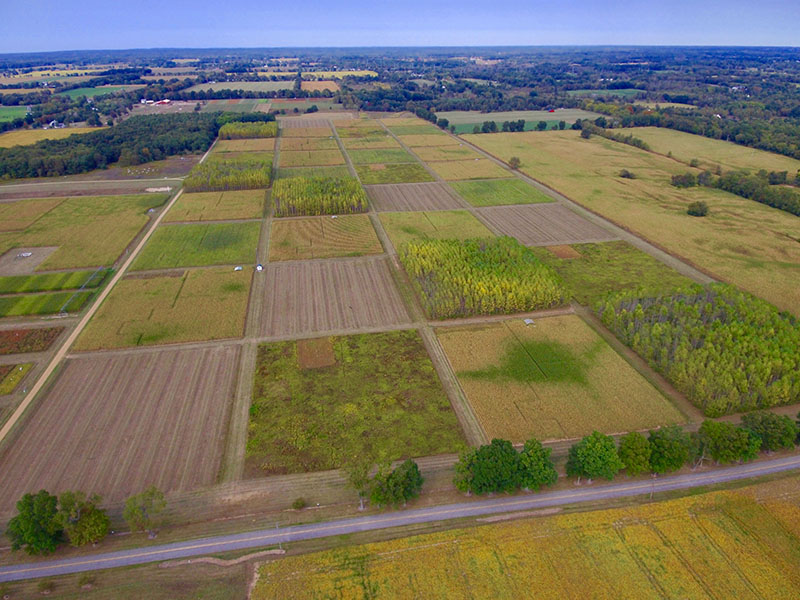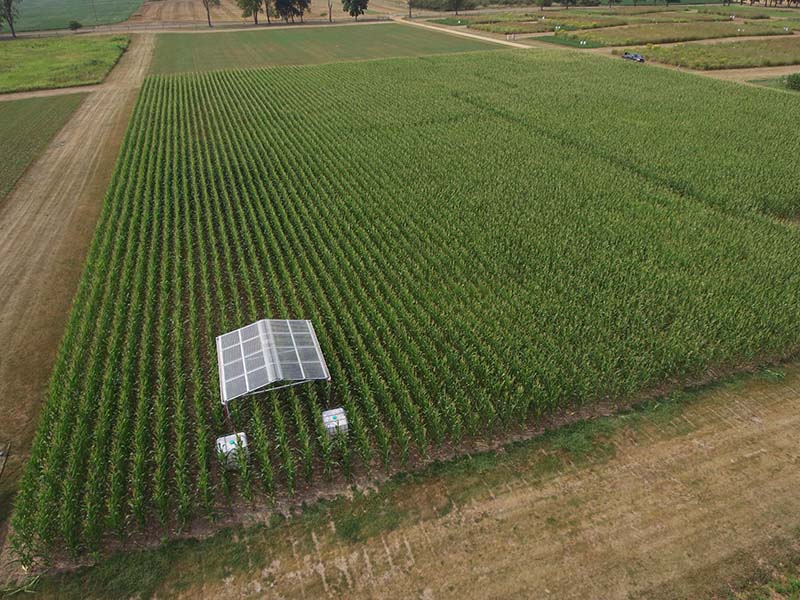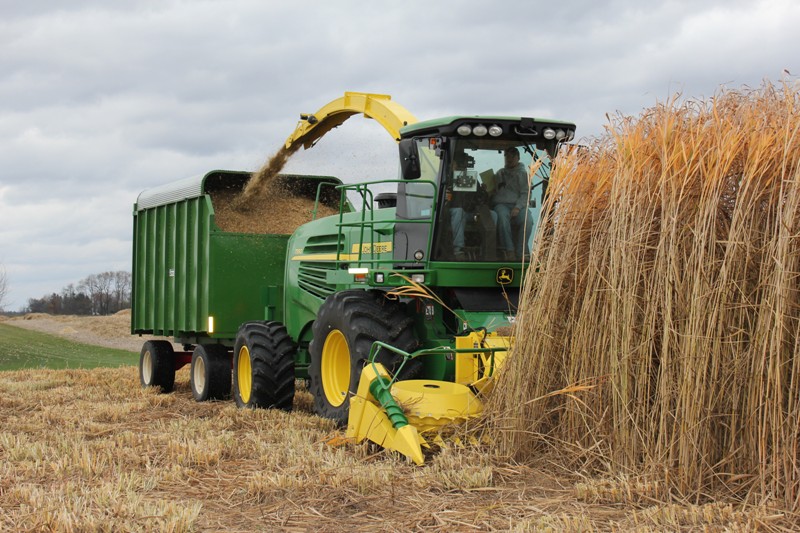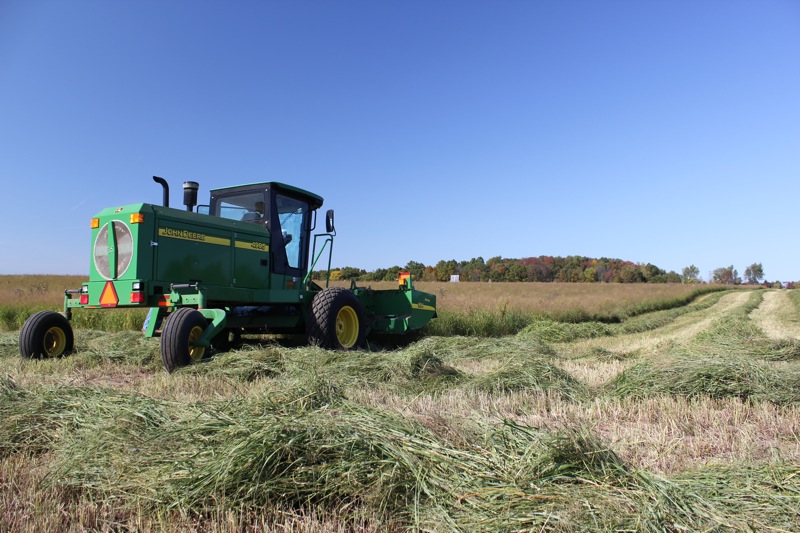
Main Cropping System Experiment
The Main Cropping System Experiment (MCSE) is the signature KBS LTER long-term experiment to address the impact of cropping system management on the delivery of ecosystem services. It consists of 4 annual and 3 perennial crop treatments and 4 successional communities; these 11 systems represent a gradient of decreasing chemical and management inputs. Seven systems (T1-T7) were established at the LTER Main Site in 1989 and assigned to 1 ha plots (87 x 105 m) in each of 6 replicate blocks. The remaining systems were added in 1993 and are replicated in the KBS landscape. All systems are on the same soil series. more..
 Prairie Strip Experiment
Prairie Strip Experiment
The Prairie strip experiment was added on the Main Cropping System Experiment Site in 2019. The Prairie Strip Experiment is designed to answer questions about …
 Drought Treatment Experiment
Drought Treatment Experiment
The Drought Treatment experiment established in 2020 will impose a drought during the summer to mimic expected weather changes.

GLBRC Biofuel Cropping Experiment
The GLBRC Biofuel Cropping System Experiment (BCSE) was established in 2008 to examine the performance of potential bioenergy cropping systems, including assessments of crop yield and quality, microbial-plant interactions, biogeochemical responses, greenhouse gas fluxes, water needs, nutrient leaching to groundwater, and biodiversity responses. Ultimate goals are to model the production efficiencies of different bioenergy crops. more…

GLBRC Scaleup Experiment
The GLBRC Scale-up Experiment was established in 2009 at the Marshall Farm and Lux Arbor Reserve of KBS to provide a field-scale context for addressing biodiversity and biogeochemistry questions associated with biofuel production and land use change. The four fields at Marshall Farm were in the USDA Conservation Reserve Program (CRP) from 1987-2008; three were planted to biofuel crops in 2010, after a conversion without tillage to soybean in 2009, and one remained as CRP brome grass to serve as a reference field. The three fields at Lux Arbor were managed in a tilled corn-soybean-wheat rotation (AGR) before establishment of no-till biofuel crops. Aerial photographs indicate that, prior to 1987, all seven scale-up fields had been farmed in hay and row crops since at least 1938 and that during the 1950’s Marshall fields had some animal grazing. more…

Resource Gradient Experiment
The Resource Gradient Experiment is a long-term study to investigate nitrogen and water constraints on crop yield. Annual crops of the Main Cropping System Experiment (MCSE) No-till treatment (T2) are nitrogen-fertilized at 9 different rates and either rainfed or irrigated. Since 2006, the crop rotation has followed that of the MCSE. The experiment moved to its current location at the LTER Main Site in 2005. Treatment plots are 4.6 x 27.4 m and are replicated in 2 sets of 4 randomized blocks—one set rainfed and one set irrigated. more…

Biodiversity Gradient Experiment
The Biodiversity Gradient Experiment, established in 2000, is a long-term study to examine the impact of plant diversity on the delivery of ecosystem services from annual cropping systems. It consists of 21 different experimental treatments that range from bare soil to continuous corn, soybean or wheat—without or with a cover crop, to mixed rotations of these crops—without or with cover crops(s), to annually fallowed fields with early successional plant communities. Species richness of these treatments ranges from 0 to >15 in a 3-year rotation cycle. more…